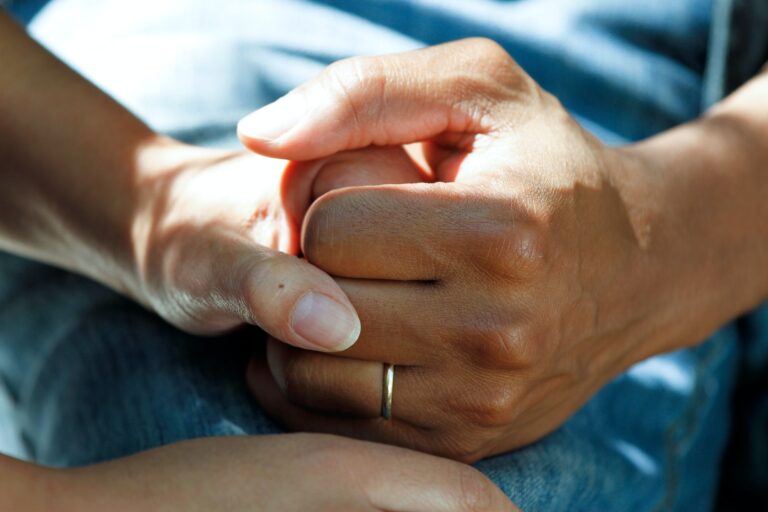What causes psychosis?
What Causes Psychosis? Causes, Symptoms, and Treatments Psychosis is a mental health condition that affects how a person perceives reality. It can cause individuals to experience hallucinations, delusions, and disordered thinking, which can be distressing and disruptive to their daily lives. Understanding the causes of psychosis is important for those affected and their loved ones…




